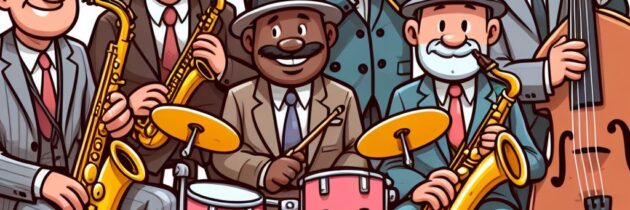AB-2257 Modifies AB-5 to Provide Multiple Exceptions for Musicians
On September 4, 2020, AB-2257 was signed into law by Governor Newsom, effective immediately. Rather than repeal or replace AB-5, this new bill adds a significant number of exceptions to AB-5, including numerous exceptions pertaining to musicians. The effect is that most musicians (and those who work with musicians – such as managers and publicists) should now have the option to revert to their prior independent contractor status rather than continuing to be employees.
This means that, generally speaking, musicians – whether recording artists or live performers – will be governed by the prior Borello standard that was discussed in our earlier article. However, there are some exceptions that musicians should be aware of, some of which are listed below:
- Musicians and vocalists who are not royalty-based participants in the work created during a specific recording engagement are considered employees (for purposes of minimum and overtime wages only)
- Musical group is performing as a symphony orchestra or at a theme park or amusement park
- Musician is performing in a musical theater production
- Musical group is headlining at a venue with more than 1,500 attendees
- Musical group is performing at a festival that sells more than 18,000 tickets per day
The one additional limitation that appears most likely to continue to impact musicians, apart from the exceptions above, is that the general exception for musicians only applies to a “single-engagement live performance event.” AB-2257 defines this term as a “stand-alone musical performance in a single venue location, or a series of performances in the same venue location no more than once a week.” Notably, this “does not include performances that are part of a tour or series of live performances at various locations.”
This limitation has two notable consequences. First, if you are contracted to play a series of performances in the same week some logistical considerations may need to be undertaken. For example, playing a weekend set at the same venue (Saturday and Sunday) should fall under the exemption whereas playing a partial weekend set (Friday and Saturday) would likely not. And second, this means that when contracting gigs – whether as musicians or the hiring entity – they should, as a general rule, be contracted as single-engagement gigs. For example, if you are putting together a band to play at multiple venues over a weekend, each gig at each venue should be contracted separately – don’t just send an e-mail asking everyone if they’re free to play a few gigs this weekend!
While there is still some ambiguity to the language of AB-2257, the clear intent is to exempt most gigging musicians from being forced into an employment classification. So it is likely that any ambiguities would be construed in favor of applying the Borello test. However, as always, this post is simply a general overview of the updated law and whether an individual musician falls under the general exemption will depend on the specific circumstances of that musician.
From all of us at BKN, we hope that you remain safe and well. If we can be of assistance in understanding or applying AB-2257, please do not hesitate to contact us at your earliest convenience.
Last Updated September 10, 2020

